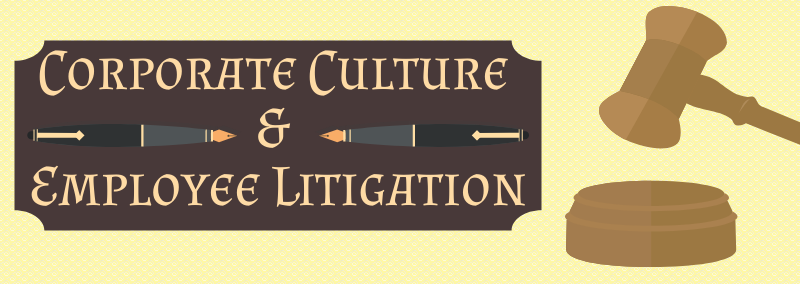Restoring a Sense of Justice After a Crime
In the wake of personal crimes such as assaults, muggings, sexual assaults, and other violations, victims often grapple with the slow pace of justice. If law enforcement is unable to identify the assailant in the first couple of days after the incident, it can result in serious delays or even unresolved cases. This is where […]
Corporate Culture & Employee Litigation

Why Private Investigators Have an Advantage Over Police
